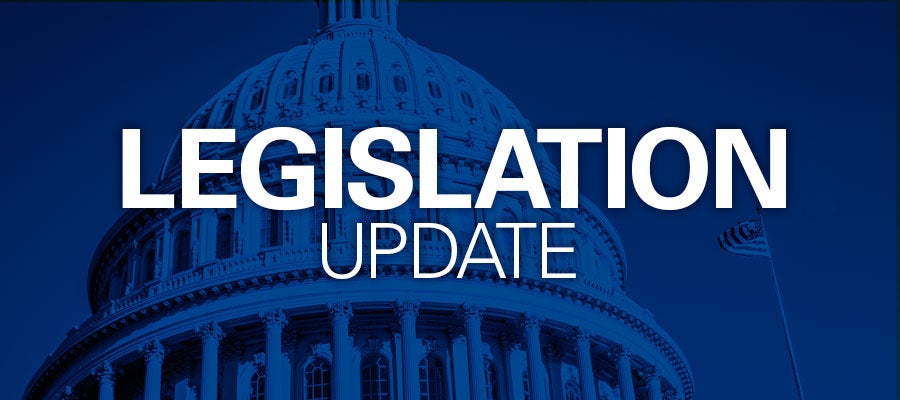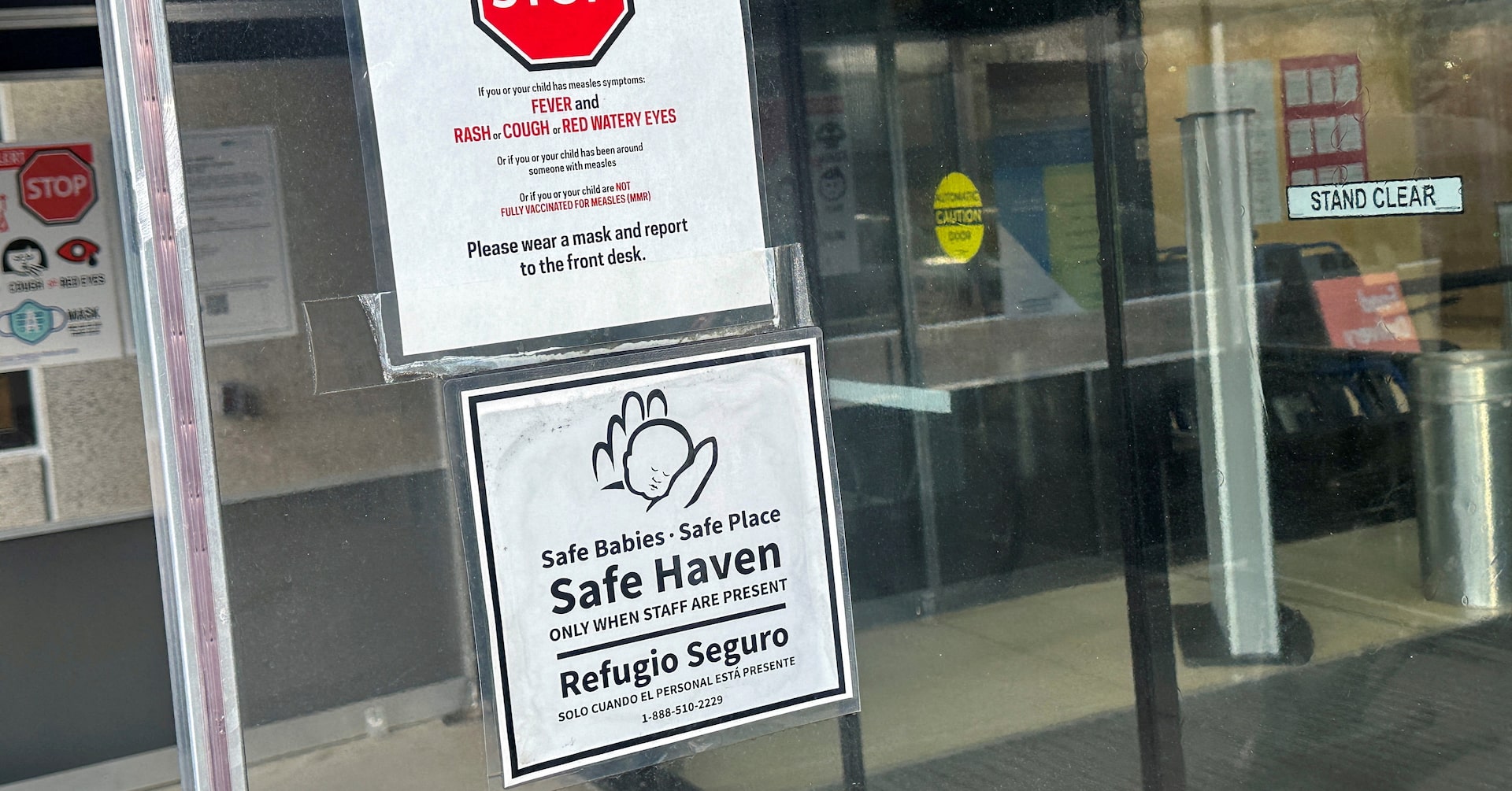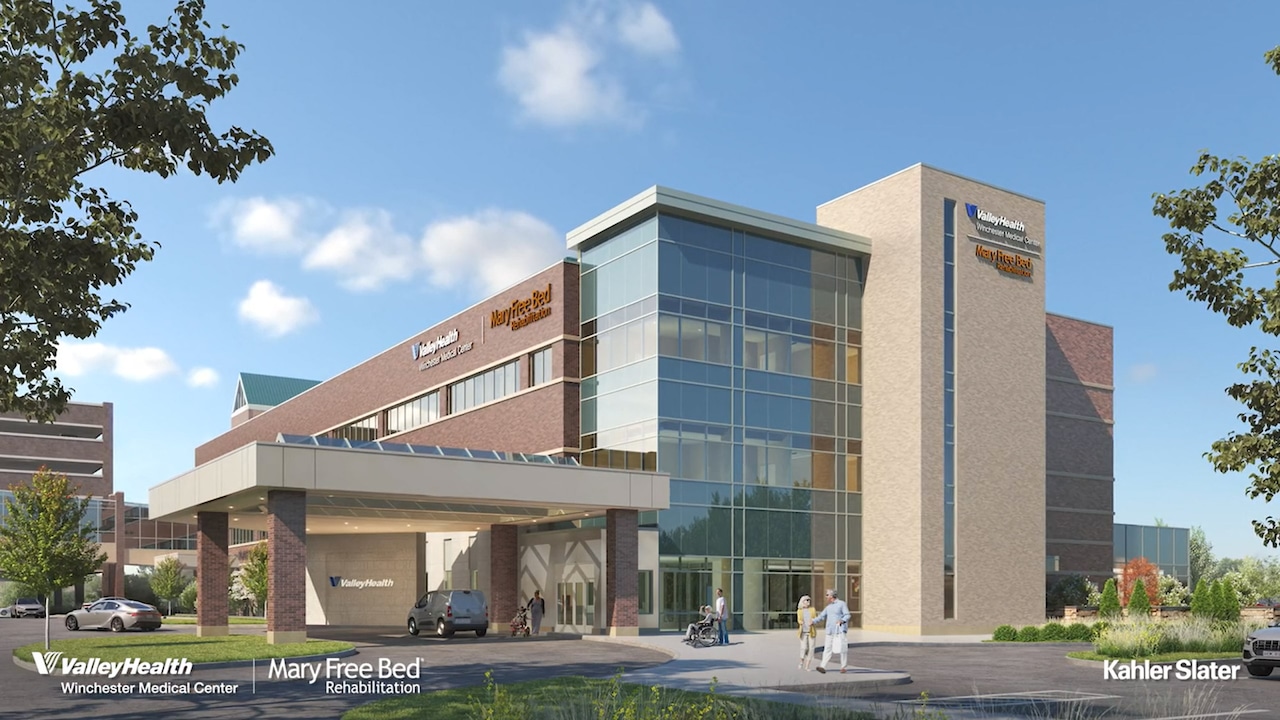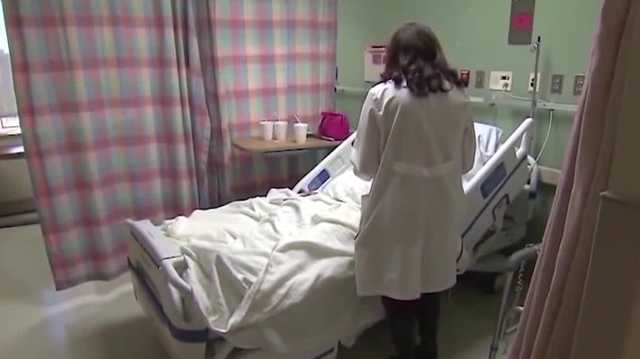Healthcare Workforce Revolution: Key Legislation Clears Critical Congressional Hurdle

In a significant boost for nursing education and workforce development, the House Energy and Commerce Subcommittee on Health took a pivotal step forward on September 10th. The committee advanced the Title VIII Nursing Workforce Reauthorization Act (H.R. 3593), a bill strongly supported by the American Hospital Association (AHA).
This crucial legislation aims to renew critical funding for nursing workforce development programs, addressing ongoing challenges in healthcare staffing and education. The bill, which has garnered widespread support from healthcare professionals, is now poised to move to the full committee for further consideration.
By reauthorizing these essential programs, the act promises to strengthen the nursing profession, support aspiring healthcare professionals, and ultimately improve patient care across the United States. Healthcare stakeholders are watching closely as this important piece of legislation continues its journey through the legislative process.








